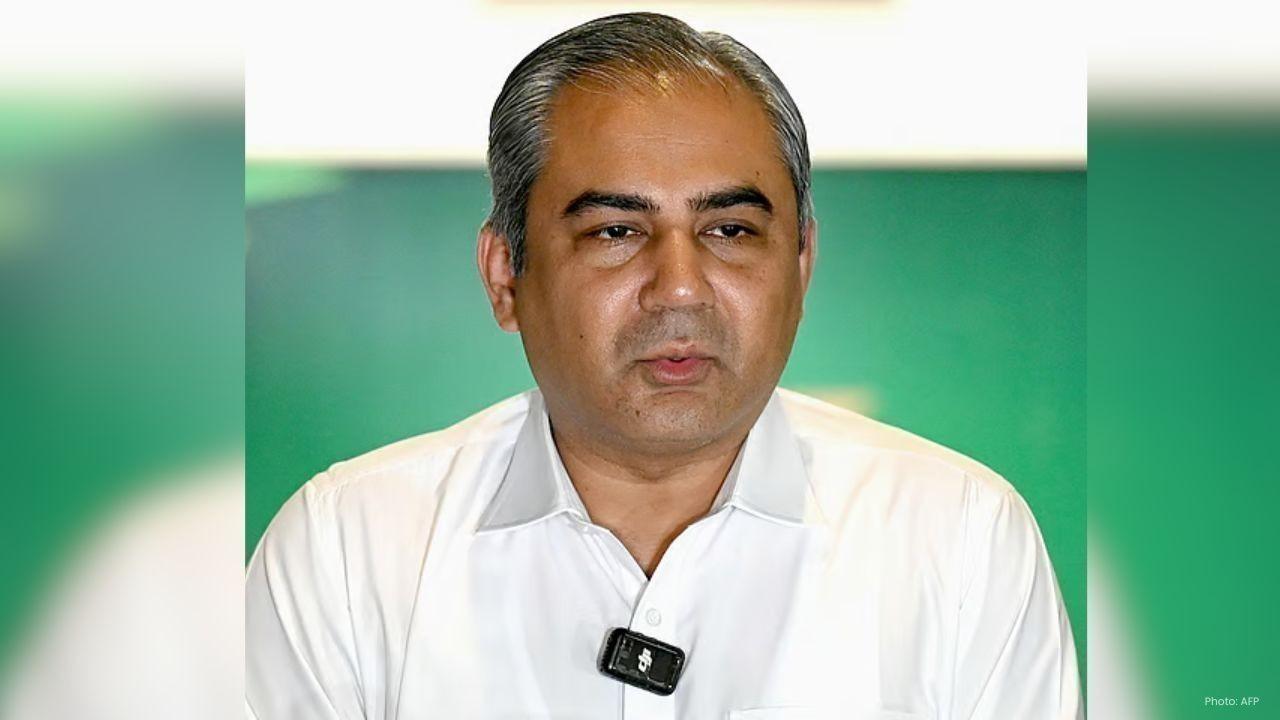
Post by : Naveen Mittal
Nutrition science is often portrayed as a battlefield of diet trends, from keto and vegan to intermittent fasting. Amid this noise, Dr. Kevin Hall, a leading researcher at the National Institute of Diabetes and Digestive and Kidney Diseases (NIDDK), has emerged as a voice of clarity. His work on “food intelligence” explores how the types of foods we consume—not just the calories—directly affect our metabolism, energy balance, and long-term health.
Hall emphasizes that food intelligence isn’t just about what we eat but how our bodies respond to those foods. By studying metabolic responses, his research provides evidence-based guidance for individuals and public health policies alike.
One of Dr. Hall’s key insights is the distinction between calorie counting and food quality. Traditional diet advice often emphasizes “eat fewer calories, lose weight,” but Hall’s research shows it’s not that simple. Ultra-processed foods—high in sugar, refined starches, and additives—can alter the way our bodies process energy, often promoting fat storage and triggering hunger cycles that make weight management difficult.
In contrast, whole foods rich in fiber, protein, and micronutrients improve satiety, stabilize blood sugar, and optimize metabolic efficiency. This means the source of calories matters as much as the amount.
Hall highlights that metabolic response varies across individuals. Two people can eat the same meal and experience different effects on blood sugar, insulin, and energy expenditure. This explains why some popular diet plans work for certain individuals but fail for others. Personalized nutrition, guided by metabolic science, is the cornerstone of food intelligence.
Dr. Hall is keen to challenge widely held misconceptions:
All Calories Are Equal
Hall’s research indicates that calories from ultra-processed snacks affect the body differently than calories from whole foods. Eating 500 calories of sugary drinks does not have the same metabolic effect as eating 500 calories of beans, vegetables, and lean proteins.
Weight Loss Is Only About Energy Balance
While energy balance (calories in vs. calories out) matters, Hall shows that hormonal and metabolic responses to different foods significantly impact appetite, fat storage, and long-term weight maintenance.
Rapid Weight Loss Strategies Are Unsustainable
Crash diets may temporarily reduce weight, but Hall’s studies show the body adapts metabolically, slowing energy expenditure and increasing hunger. Sustainable changes in food quality and dietary habits are far more effective.
Dr. Hall’s insights are not purely academic—they have practical implications for anyone aiming to improve health:
Meal Composition: Including fiber-rich vegetables, lean proteins, and complex carbs slows digestion, keeps energy steady, and reduces overeating.
Processed Foods Awareness: Minimizing ultra-processed foods reduces metabolic stress and can help prevent chronic diseases such as diabetes, heart disease, and obesity.
Mindful Eating: Understanding your body’s signals—hunger, fullness, energy levels—enhances food intelligence and encourages better choices.
The concept of food intelligence extends beyond individual wellness. Hall’s research has implications for policy-making and public health initiatives:
Obesity Prevention Programs: Shifting focus from calorie restriction to promoting nutrient-rich, minimally processed foods could make interventions more effective.
School Nutrition Policies: Educating children about high-quality foods and metabolic responses can foster healthier habits from a young age.
Global Food Systems: By understanding how processed foods affect metabolism, governments can implement policies to reduce the consumption of harmful products and encourage sustainable diets.
Hall also emphasizes the importance of translating complex metabolic research into actionable advice. Rather than overwhelming the public with technical data, he advocates for clear guidelines based on food intelligence principles: prioritize whole foods, minimize ultra-processed foods, and tune into your body’s responses.
In a world flooded with diet trends, supplements, and quick-fix solutions, Dr. Hall’s research offers a scientifically grounded approach. By understanding the metabolic impact of what we eat, individuals can make informed choices that improve energy, control weight, and enhance long-term wellness.
Food intelligence bridges the gap between nutrition science and practical lifestyle choices, giving people tools to navigate modern food environments effectively.
Dr. Kevin Hall’s work underscores that health is more than calories—it’s about how food interacts with your metabolism, energy balance, and overall well-being. Adopting food intelligence principles allows individuals to make smarter dietary decisions, reduces the risk of chronic disease, and supports sustainable health improvements.
By promoting whole foods, mindful eating, and metabolic awareness, Hall’s insights empower both individuals and communities to achieve better wellness outcomes, making food intelligence a cornerstone of modern health science.
Food Intelligence, Nutrition Science, Metabolism, Healthy Eating, Wellness, Obesity Research, Dietary Choices, Health Science, Public Health










Sinner & Swiatek Shine at China Open: Semifinal Spots Secured
Jannik Sinner and Iga Swiatek advance to the semifinals at the China Open. Read about their victori

Michigan church attack kills 4, injures 8 in shocking violence
A gunman drove into a Michigan church, fired shots, set fire, killing 4 and injuring 8 before police

Moldova’s Pro-EU Party Secures Majority in Key Vote
Moldova’s pro-European PAS wins a strong majority in the parliamentary election, weakening pro-Russi

Gabriel’s late header gives Arsenal 2-1 win at Newcastle
Arsenal snatch dramatic 2-1 win at Newcastle as Gabriel heads the winner in stoppage time; Merino eq

Air France Flight 447 Trial Opens 16 Years After Tragic Crash
Sixteen years after the Air France Flight 447 crash, a trial opens against Air France and Airbus. Le

Europe close to Ryder Cup win after strong weekend play
Team Europe is on the verge of winning the Ryder Cup, showing great form in Italy and needing only a